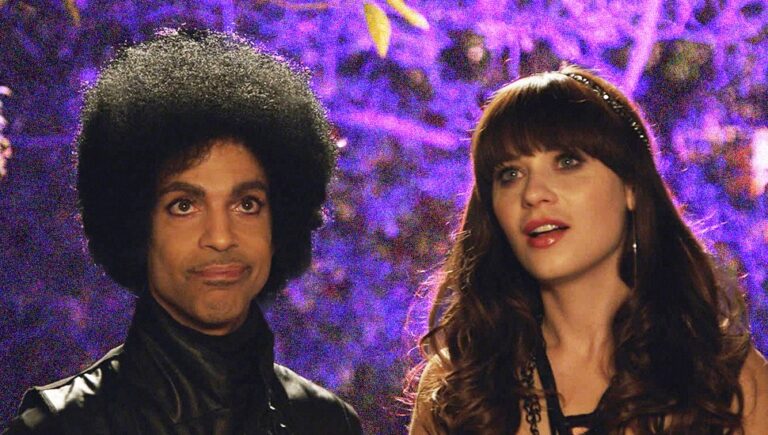Ah, the manic pixie dream girl: for a time in the noughties, this character trope was inescapable in film and TV, with Zooey Deschanel the actress most synonymous with it.
Fast forward a decade or so and the manic pixie dream girl is recognised as a tired stereotype, used to pigeonhole female characters as quirky and cute in the eyes of the men around them.
Deschanel first became associated with the trope after her starring role in the quirky comedy-drama 500 Days of Summer; that was followed by the hugely popular sitcom New Girl, whose entire premise initially rested upon Deschanel being the ultimate manic pixie dream girl.
In a new reader interview with The Guardian though, the actress lambasted the trope. After a fan asked her about her associated with the manic pixie dream girl trope, she rued the connection.
“I don’t feel it’s accurate,” she said. “I’m not a girl. I’m a woman. It doesn’t hurt my feelings, but it’s a way of making a woman one-dimensional and I’m not one-dimensional.”
Deschanel continued: “I think the tendency is still to make women one-dimensional, so you have to add dimension, if you can. The more screen time a female character gets, the more space there is to show complexities, but there has been a shift, so I’m optimistic.”
After the finale of New Girl in 2018, Deschanel took a break from acting. She’ll next be seen in Harold and the Purple Crayon, an adaptation of the children’s book of the same name, alongside Zachary Levi and Lil Red Howery. She also returned to TV screens last year as the host of The Celebrity Dating Game, which followed celebrities picking one lucky suitor from a hidden panel of three bachelors/bachelorettes.
Love Film & TV?
Get the latest Film & TV news, features, updates and giveaways straight to your inbox Learn more
For more on this topic, follow the Film & TV Observer.
Check out the manic pixie dream girl trope, explained:


































